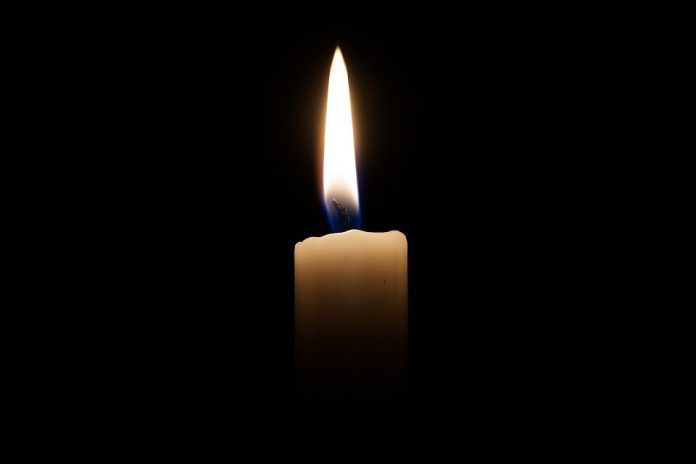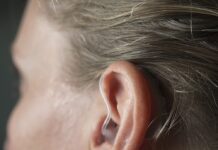
By Michael J. Deem. Esq. of R.C. Shea & Associates.
The success of a Wrongful Death claim depends not only on the merits of your case, but also your attorney’s knowledge and understanding of New Jersey’s Wrongful Death law. Michael J. Deem, Esq. of R.C. Shea & Associates has lectured to New Jersey’s Trail Lawyers about handling Wrongful Death claims.
A Wrongful Death action is a statutory cause of action that permits recovery of pecuniary losses for the death of a family member. (N.J.S.A. 2A:31-1). This statute does not permit recovery for emotional distress, pain and suffering and other types of non-pecuniary losses. However, non-pecuniary losses may be recovered under New Jersey’s Survival Act which we will address in next month’s publication. The Wrongful Death Act benefits the heirs of the deceased while the Survival Act provides a remedy to a decedent’s executor or administrator.
The Wrongful Death statute does not go into very much detail when it comes to defining the types of pecuniary damages that are recoverable when a family member is killed due to the negligence of another. Fortunately, our Courts have been fairly creative defining the types of damages recoverable in a Wrongful Death action since the statute does not go into much detail in defining pecuniary loss. Wrongful Death claims seek to recover compensation for the value of pecuniary damages such as loss of household services, loss of companionship, advice, guidance, counsel and loss of earning capacity.
Only attorneys with a firm grasp of the law will routinely recover maximum pecuniary compensation for their clients.
Pecuniary losses under the Wrongful Death Act are recoverable only by the decedent’s next of kin-heirs at law. Recovery of pecuniary loss does not become a part of the decedent’s estate. In fact the statute specifically states that “the amount recovered in proceedings under this chapter shall be for the exclusive benefit of the persons entitled to take any intestate personal property of the decedent…” Therefore, the first step is to determine the class of people entitled to take under the intestacy laws of New Jersey. (See N.J.S.A. 3B:5-3 and N.J.S.A.3B:5-4). Once the heirs have been identified, the next step is to determine which heirs were “dependent” on the decedent at the time of his/her death. In fact the Act states that “if any person so entitled… were dependent on the decedent at his death, they shall take the same as though they were the sole persons so entitled, in such proportions as shall be determined by the court…” What this means is that it may not be enough that you are a legal heir under the intestacy statute, because any heir that was also dependent on the decedent at the time of his death will take as though they were the sole person entitled and to the exclusion of all other identified heirs who were not dependent.
Dependency must be actual and not merely legal. Pecuniary damages may not be implied from the relationship with the decedent. Although it may be partial it must be of a substantial degree. For example, occasional gifts made by a parent to a child, without more, does not establish dependency. In essence, your level of dependency may entitle you to greater percentage of the recovery than the next dependent heir.
If you or a loved one have any questions about a potential Wrongful Death case please contact Michael J. Deem. Esq. of R.C. Shea & Associates.
Call or visit our office Toms River office at 732-505-1212, 244 Main Street, Toms River, email us at Rshea@rcshea.com or visit our website at www.rcshea.com.







